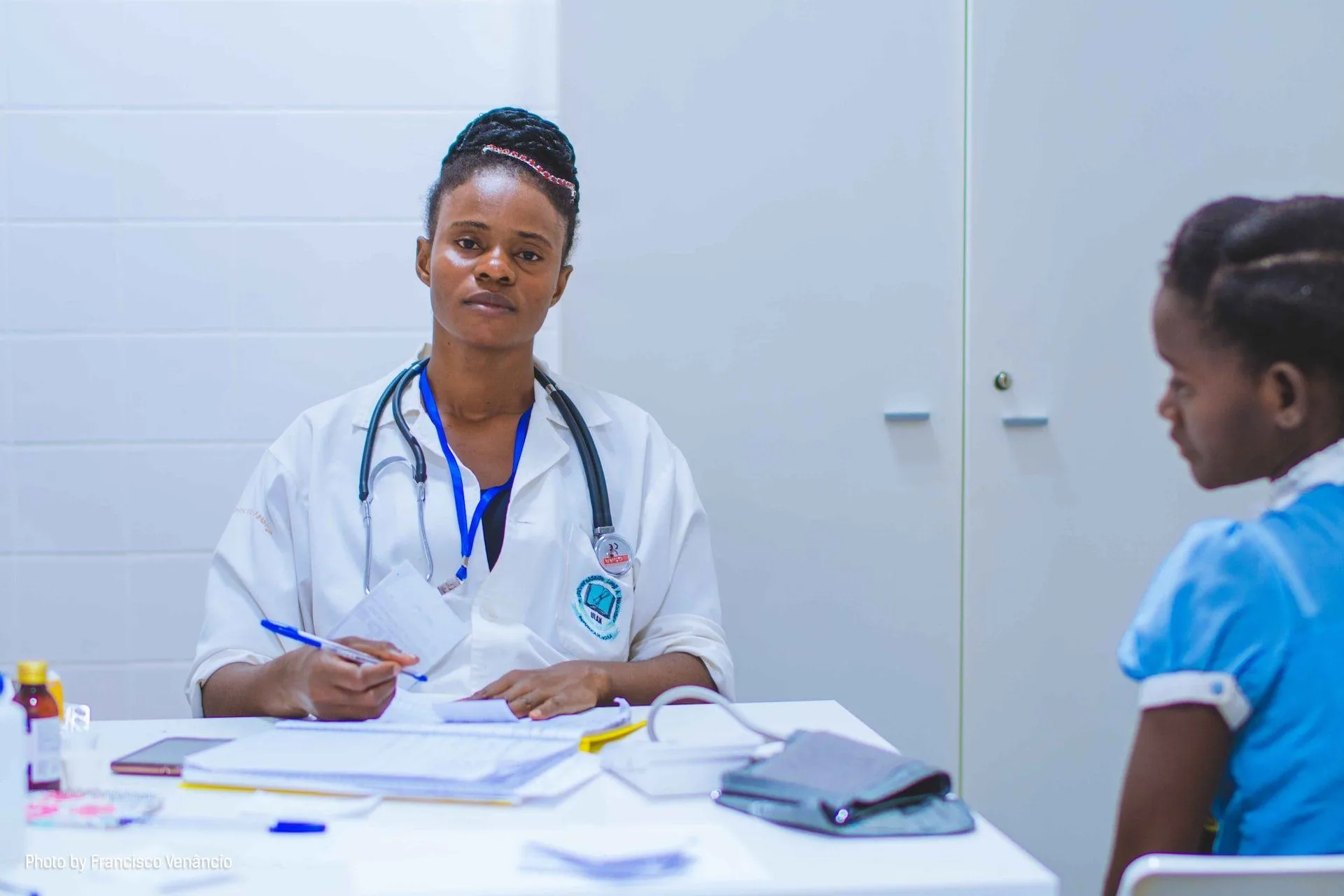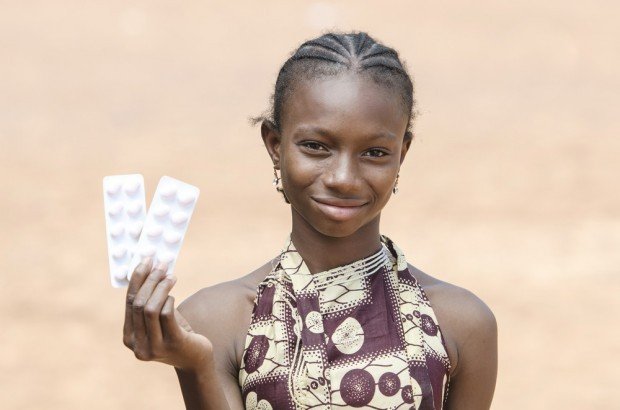Kenya, Africa. In the past few years, Africa has seen numerous advancements as a continent. From technological to economic growth, the country is growing to become a booming business hub, ripe for investment opportunities. However, it is still home to a poor healthcare system.
According to the WHO, Africa carries 25% of the world’s disease burden, but its share of global health expenditures is less than 1%. Along with this, it carries huge gender disparities, even though women make up the majority of the countries’ population (50.1%). However, there may be a change looming on our horizons.
With the recent formation of the Coalition of Women’s Health in Africa (CoWHA) in Kenya, private institutions, firms, and governments have come together to combat and create a better healthcare system for women.
Before we get into CoWHA, we need to know why these initiatives are so necessary, therefore, we need to look at the state of African healthcare, specifically for women.
Gender and African healthcare: What do the numbers say?
According to the African Commission on Human and People’s Rights, maternal health is a massive human rights issue. With maternal deaths being the second-biggest killer of women of reproductive age (15-44 years) in Africa, we see a staggering 533 deaths per 100 000 live births in the continent, which is the highest ratio throughout the world. To show how high this number is, Europe has an average of 20 deaths per 100 000 births.
What makes these numbers even more devastating is how maternity mortality is largely preventable. We see this in the global disparity numbers in comparison to Africa’s numbers.
Over 50% of maternal deaths take place less than 48 hours after delivery. This is due to complications such as hemorrhages, hypertensive disorders, preeclampsia, and infection after giving birth. In many of these instances, African mothers bleed to death. This is due to a lack of access to skilled healthcare professionals who are able to provide the necessary assistance.
Unfortunately, these numbers aren’t just limited to maternal deaths. According to the World Health Organization, women in Africa are more likely to lose their lives at the hands of communicable diseases than women in any other continent, with the general mortality rate in the country being 236 deaths per 1000 women. This is due to various factors, such as limited access to proper healthcare and a lack of information.
The value of information
Women aren’t given proper healthcare advice, especially in regard to diseases that directly impact them, such as cancer, diabetes, and hypertension. There is not enough information being given to them.
From contraceptives that are ideal for the patient (as this is not a “one-size-fits-all” matter), preventative and protective methods that they can have done (such as pap smears) and even self-checks to ensure early detection, which can lead to a decrease in mortality rates. Information needs to be shared in a clear, understandable way so. Doing so will allow women to understand which steps to take to protect themselves and safely guard their health.
The initiative providing a solution
So, what can be done to fix this, and preserve the lives of African women? This is where CoWHA comes in.
It is a joint initiative that was formed by Organon (a pharmaceutical company specializing in women’s healthcare), the African Health Business consultancy (a pan-African boutique consulting firm aiming to improve African healthcare), Hologic and BD. CoWHA is a private health sector action platform whose focus is on the advancement of women’s health in Africa.
Dr. Abofele Khoele is the managing director of Organon South Africa and Sub-Saharan Africa. He says that gender equity in regards to healthcare and creating a healthier every day for every woman is “an ideal for which Organon has labored since its inception”.
So, the mandate is clear: improving the healthcare systems for the women of Africa and providing “equitable, affordable and quality healthcare” for them, through focusing on three strategic pillars which are essential in ensuring that this goal is accomplished. These are “Knowledge and Research, Policy and Dialogue and …Action.”
Pillars of action
The first pillar (knowledge and research) focuses on the gender data gap. The initiative aims to conduct local research in order to find solutions that are relevant and appropriate for that specific area.
The second pillar (policy and dialogue) aims to ensure that coherent policy frameworks are put in place to ensure that all women that need aid are assisted and attended to.
The third and final pillar (action) emphasizes turning intention into action through resources, the efforts of the governments involved, and the private sector. This will ensure that the impact of the initiative is felt throughout the continent.
In his closing at the launch, Khoele emphasized the importance of health stakeholders for the strengthening of health systems. This can be done “with programs of early detection, diagnosis, and treatment” and initiatives. These can give the women of Africa access to medication and machinery needed to save and better their lives.
Her Excellency Dr. Ergogie Tesfaye is the Minister of Women and Social Affairs in Ethiopia. She echoed this by highlighting how the actions of governments, the private sector, and even the public are key to ensuring that women are able to access better healthcare.
MAIN IMAGE CREDIT: Photo by Francisco Venâncio on Unsplash
References
- Batist, J., (2019). An intersectional analysis of maternal mortality in Sub-Saharan Africa: a human rights issue. Journal of global health, 9(1).
- Adjiwanou, V. & LeGrand, T., (2014). Gender inequality and the use of maternal healthcare services in rural sub-Saharan Africa. Health & place, 29, pp.67-78.






![women [longevity live]](https://longevitylive.com/wp-content/uploads/2020/01/photo-of-women-walking-down-the-street-1116984-100x100.jpg)










